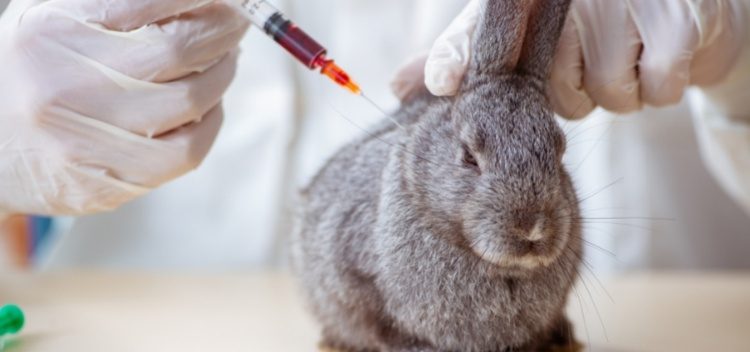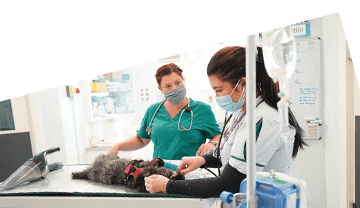
Rabbit Vaccinations – RVHD1 & RVHD2
March 31, 2021
Over the last year or so, we humans have had first- hand experience of how a virus can spread and how it affects our lives. We are not the only species on the planet that can be affected by a virus. We at least have SOME control over how we protect ourselves and those we love. Our pets don’t have this luxury. They only have us humans to rely on so it’s important that we know what the risks are and take the steps needed on behalf of our pets to ensure they are protected.
One such virus is RVHD or Rabbit Viral Haemorrhagic Disease. This disease is highly infectious and rapidly fatal to any rabbit that contracts the disease.
RVHD is contracted in many ways; through the ingestion of contaminated food or water, from other rabbits that are infected or through contaminated surfaces. They can also contract the virus through the urine or faeces of an infected rabbit and from insects (including flies, fleas and mosquitos).
Scavenger birds that have eaten the carcass of an infected rabbit can pass the virus on through their droppings. Humans who have had contact with an infected rabbit can also transport the virus through their clothing.
Mutations
Unfortunately, as with all things virus, they can mutate and there are now two strains of this deadly disease. Up to 2013, RHD1 was the only known variation of the disease. RHD2 was identified in the UK in 2013 but studies have suggested that it may have been around for much longer.
The new strain of the virus can affect young rabbits under 4 weeks of age. The virus has an an incubation period of three to nine days.
The mortality rate for the variant RHD1 is 90% with a lower rate for the RHD2 at 5-70%. The longer incubation time and lower mortality of RHD2 makes it more likely to spread than the original strain.
Treatment
There is no cure for the disease. Vaccination is essential and the only sure way to protect your rabbit. Rabbits can be vaccinated from 5 weeks of age and must have an annual booster. It’s also important to ensure that your rabbit’s home and equipment is cleaned regularly, particularly if it has come into contact with an unknown rabbit.
Learn more about all the diseases we vaccinate a rabbit against and visit the PDSA website for more information on rabbit vaccinations in general.
Book a rabbit vaccination today
If you are concerned about your rabbit or would like to arrange to have your rabbit vaccinated, please call the team on 01772 639800 OR 01253 766352 or open a chat on PetsApp.






